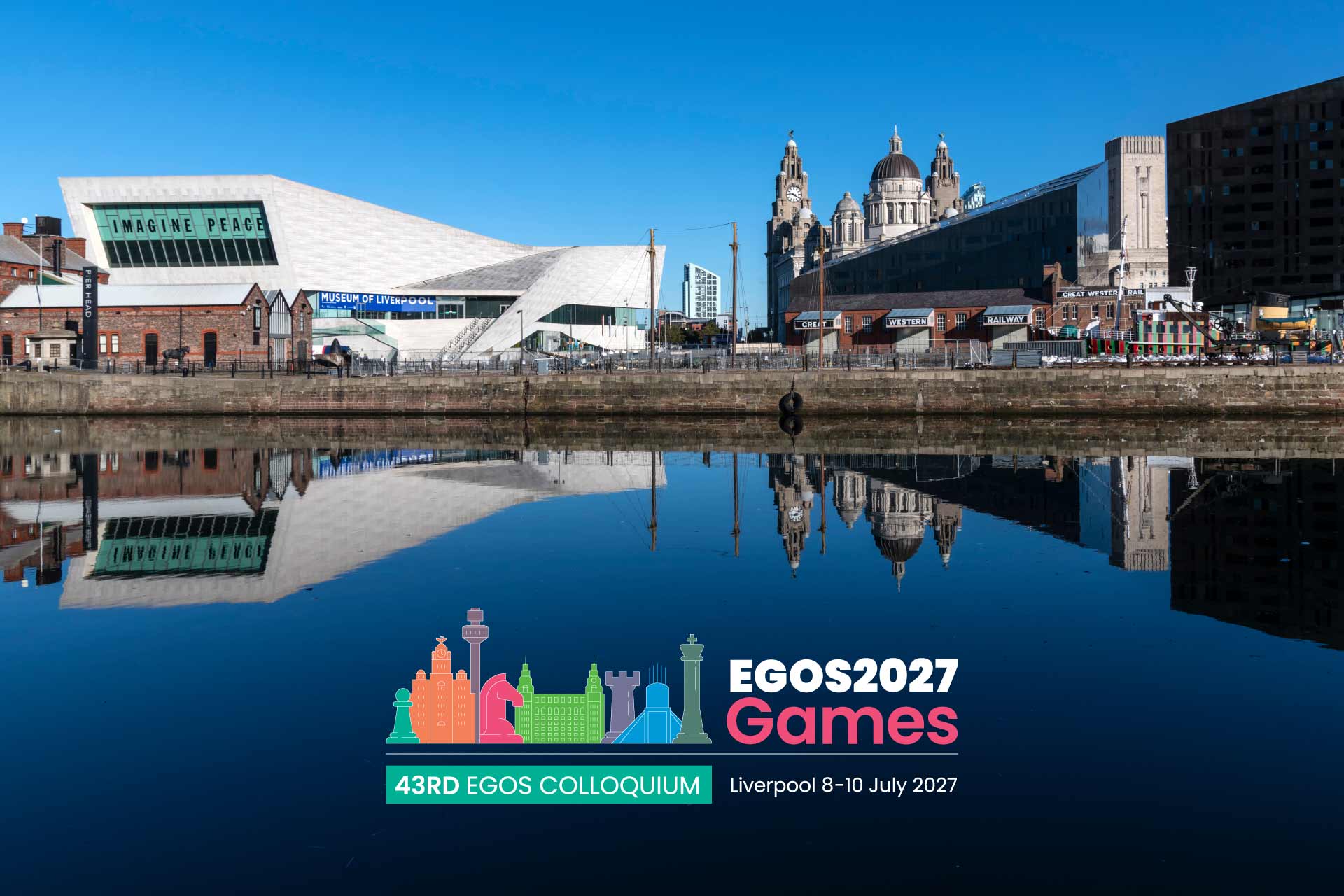Symposiums
Discover the panel and presenter symposiums University of Liverpool Management School researchers will take part on during AOM 2025.

Our expert researchers are participating in several symposium sessions at AOM 25, to discuss a common topic or theme in a manner that brings new insights to the subject.
While panel symposiums engage a group of panelists in an interactive discussion, with no specific titles associated to the presentations, presenter symposiums involve a series of authored papers on a present theme.
AOM 25 symposiums will be held in-person from Sunday to Tuesday.
Sunday 27 July
Panel
12-1.30pm | 11894: Advancing International Comparative Research on National, Governmental and Organizational Responses - Bella Center: Hall C- C3-m7
- Professor Zlatko Bodrozic (panelist)
Monday 28 July
Presenter
8.30-10am | 17551 Presentation 3: Towards a Genre Repertoire Understanding of Research Transparency - Bella Center: Hall C- C2-m3
- Dr Tomi Koljonen (author)
- Dr Leighann Spencer (author)
Panel
12-1.30pm | 24238: Different Owners, Different Behavior? How Private Equity and Activist Funds Impact Firms and Workers - Bella Center: Hall C- C3-m3
- Nauman Asghar (participant)
5.15-6.45pm | 17270: Organized Science Denial: Reviving a Symposium Discussion to Propose Actionable Plans - Bella Center: Hall C- C3-m14
- Dr Dennis Jancsary (panelist)
5.15-6.45pm | 17725: Exercising Judgment in Organizations - Bella Center: Hall C- C3-m6
- Dr Anup Nair (organiser)
Tuesday 29 July
Presenter
10-15-11.45am | 13082: How Can Women’s Roles and Experiences Shape Their Health, Leadership, and Organizational Outcomes - Bella Center: Hall D- D3-m1
- Professor Caroline Gatrell (discussant)
10-15-11.45am | 19170: New Directions in Leader Emotions: Considering the Role of Intentionality - Bella Center: Hall B- B6-m5
- Dr Begum Bilgin (organiser)
12-1.30pm | 10046 Presentation 5: Understanding Human Resource Practices From Power Distance And Cultural Tightness: A Meta-Analysis - Bella Center: Hall B- B5-m1
- Dr Huadong Yang (author)
12-1.30pm | 10277 Presentation 3: Pay-for-Performance Implementation, HR Attributions and Well-being: A Cross-Cultural Study - Bella Center: Hall D- D3-m4
- Dr Huadong Yang (author)
12-1.30pm | 19222 Presentation 4: Negotiating “professionalism” and the meaning of work through intergenerational interactions - Bella Center: Hall C- C3-m14
- Dr Greg Fetzer (author)
1.45-3.15pm | 18502 Presentation 4: Negative Affect and Creativity: The Role of Creative Process Engagement and Attentional Deployment - Bella Center: Hall B- B4-m5
- Dr Miguel Ibaceta (author)
3.30-5pm | 10448 Presentation 1: Alternative Responses to the Climate Crisis: Discovering New Paths for Climate Action - Bella Center: Hall D- D3-m8
- Professor Zlatko Bodrozic (author)
3.30-5pm | 22418 Presentation 1: Activating Innovation Resources for Environmental Performance of Heavily Polluting Industries - Bella Center: Hall C- C3-m6
- Dr Irene Margaret (author)

Discover EGOS 2027
Are you coming to Copenhagen? If so, meet us at the Bella Centre to discover the pioneering research at the Management School and the EGOS 2027 conference in Liverpool!
We'll be exhibiting at Stand 502.